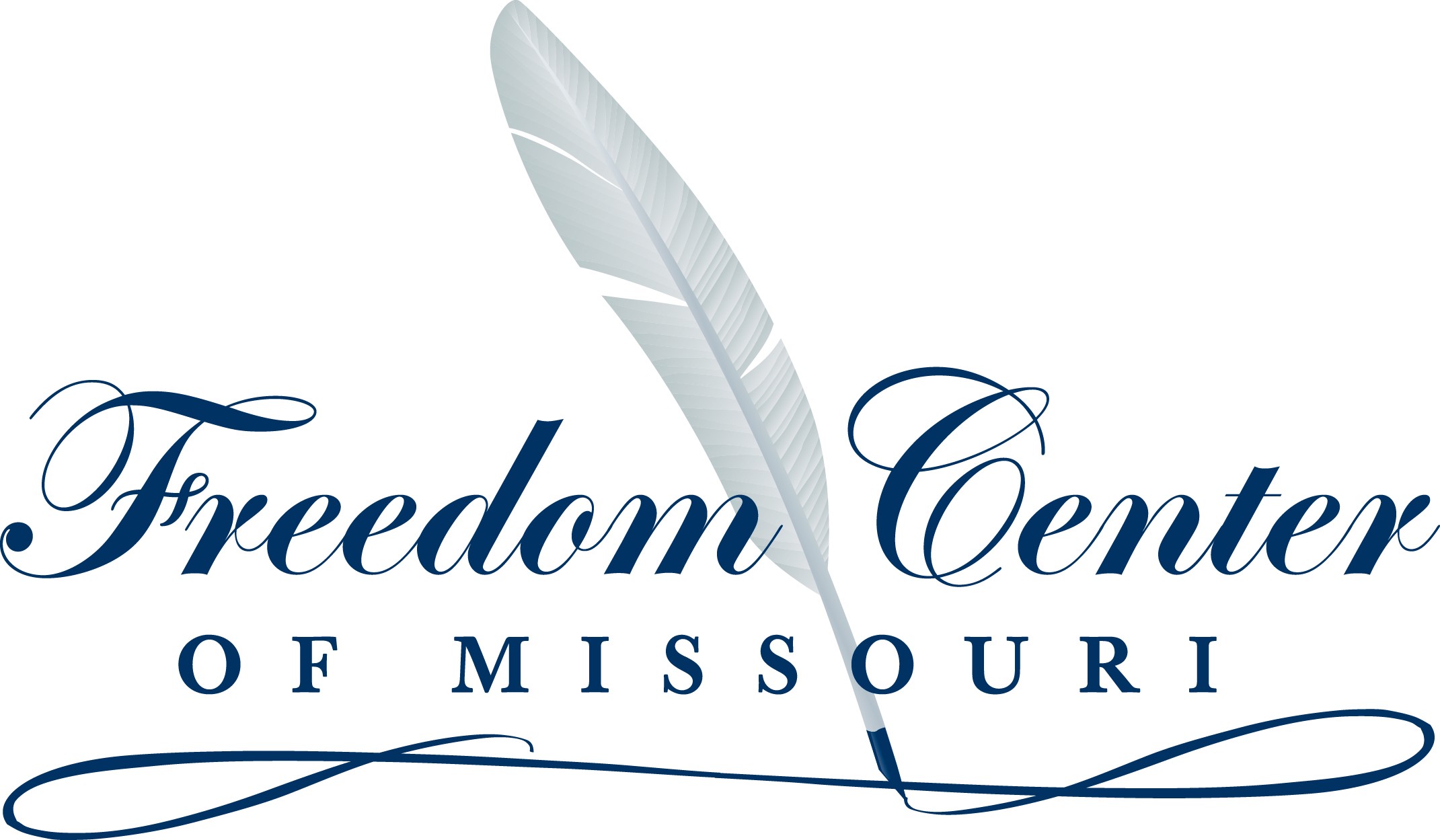In a sharply divided 4-3 opinion the Missouri Supreme Court has ruled that the only choice listed on the ballot for voters in the State House District 76 will be their incumbent State Representative, Joshua Peters.
Peters had been facing competition from political activist Rachel Johns, but Peters sued to have his opposition removed from the ballot, arguing that when the election takes place this fall Johns will only have been a registered voter for twenty-one months and state law requires her to have been registered for twenty-four months. Johns responded that the twenty-four month registration requirement violated the First and Fourteenth Amendments.
Where a law interferes with voters’ rights to choose who will represent them in elected office, the U.S. Supreme Court has said that courts’ first responsibility is to assess the magnitude of the burden that the restriction places on voters. It has also said – repeatedly, for more than four decades – that “the right to vote is ‘heavily burdened’ if that vote may be cast only for one of two candidates in a primary election at a time when other candidates are clamoring for a place on the ballot.” If a law heavily burdens voters’ rights, courts are supposed to strike the law down unless the government comes forward with a compelling government interest and shows that the restriction imposes is the least burdensome way of serving that compelling interest. In this case, the government flatly admitted that it could not justify its restriction under this standard.
The majority, however, decided that the voters’ rights were not heavily burdened, even though the restriction at issue would leave only one name on the ballot in both the primary and general elections for State House District 76’s seat in the Missouri House of Representatives. Ignoring the five U.S. Supreme Court majority opinions that the Freedom Center cited to establish that this artificial limitation on voters’ choices constituted a “heavy burden” on their constitutional rights, the majority cited a plurality opinion from the U.S. Supreme Court (only four of the justices approved the reasoning) and two federal circuit court decisions (neither of which was actually on point) in order to conclude that denying the voters’ chance to consider a candidate other than Peters was not a significant burden on the voters’ rights.
The three dissenting judges properly noted all of the U.S. Supreme Court opinions that the majority disregarded, and pointed out that “[n]o court, prior to today, has suggested that a state has such a carte blanche to impose temporal registration restrictions on who may run for office.” More importantly, the dissent noted that, although the government claimed that the twenty-four month registration requirement was intended to ensure that candidates for office had had the opportunity to vote in the previous general election, the requirement does not actually do this, and so the restriction cannot be considered rationally related to the government’s asserted interest.
Under normal circumstances, if faced with a 4-3 decision where we would only need to change the mind of one judge to win the case, the Freedom Center would file a motion pointing out the errors and omissions in the majority opinion and asking the court to reconsider. In this case, however, the Missouri Supreme Court preemptively stated that it would not entertain any such motions. That means that there is no realistic way to save Ms. Johns’ candidacy for the 2016 election, which means that the voters of State House District 76 will only see one name listed on the primary and general election ballots this year.
That said, the case is not necessarily over yet. The Missouri Supreme Court has rejected the reasoning adopted in a number of U.S. Supreme Court cases, and similar reasoning adopted by other state supreme courts and a couple of U.S. circuit courts – which means there is a chance that the U.S. Supreme Court may be interested in considering this case and reversing the majority’s conclusion. The Freedom Center will carefully consider the possibility of asking the U.S. Supreme Court to do so.
